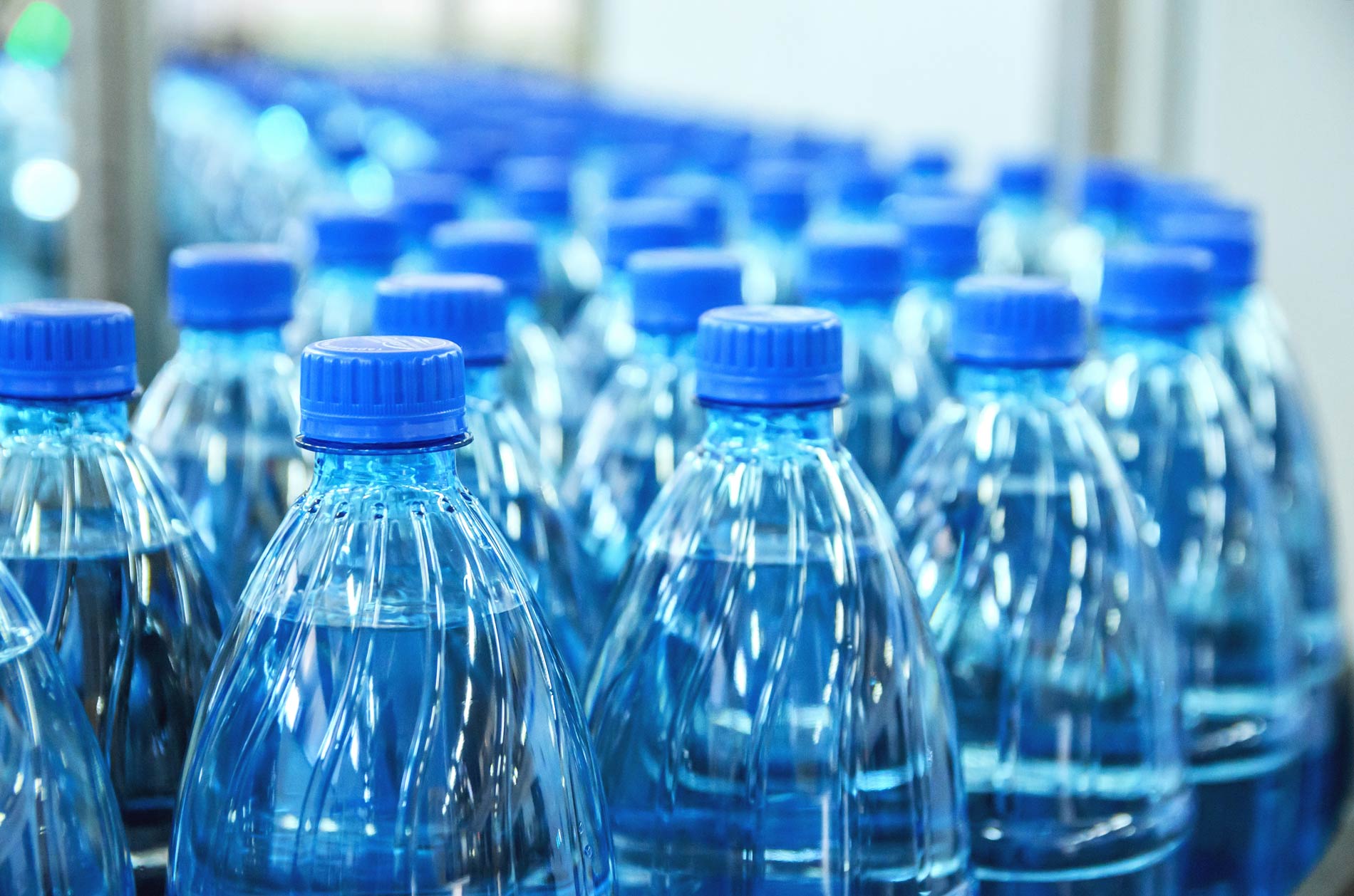If you’re someone who leans on bottled water because they’ve been told it’s better than tap water, we’ve got some bad news for you—you’ve been duped. Don’t worry, you’re not the only one. The statistics on bottled supplies are staggering. In 2019, Americans consumed as much as 14.4 billion gallons of bottled water—and they spent $34.6 billion in the process.
The irony is that bottled supply has been widely proven to be no safer than some municipal supplies. Plastic bottles leach chemicals, they contain plastics, they pollute the environment and—here’s the kicker—many of them come from the same sources as our tapped supply anyway!
The reality behind bottled supply is that it’s not any better for you than tap… and in some cases it might even be worse. Here’s why.
Is Bottled Water Good for You?
Water bottles may claim to provide cleaner product, but that claim is dubious at best when you really look into it.
For instance, some bottled companies get away with advertising as healthier because they test their product against the absolute lowest standards in the country. They’ll test their product against the oldest, most heavily-burdened system they can find—like the lead-plagued Washington D.C. system. In this way, they’re setting the bar so low that their claim is impossible to refute.
In other cases, health claims about bottled products are blatant lies. In one humorous example of this, bottled company Fiji once ran and advertising campaign with the slogan, “The label says Fiji because it's not bottled in Cleveland.” The ad was meant to suggest that the product was somehow more pure or healthier. Affronted, the Cleveland Water Department ran a series of water quality tests and found that Fiji was actually worse than Cleveland’s municipal quality!
Overall, the healthiness of bottled supply is negligible—and sometimes worse—than ordinary tap water.

What is in Bottle Water?
Wondering what’s in the bottled supply you’re drinking? While water quality depends on the brand and where it sources its water from, there are a wide range of different contaminates that are likely to show up in tests:
- Plastics: There’s wide documentation out there to suggest that water leeches the plastic it’s bottled in. This can cause higher levels of certain chemicals in bottled supply. Other studies have also found microplastics in abundance in bottles.
- Heavy metals: Arsenic, zinc, copper, magnesium and a wide array of other heavy metals are common in most potable sources. Plastic bottles are no exception. They’re often found at higher concentrations—even beyond FDA limits sometimes!
- PFAS chemicals: Polyfluoroalkyl substances (PFAS) are chemicals that are omnipresent in our food and water due to pollution and contamination. Dozens of bottled brands that claim they’re better than tap water have similar (or higher) PFAS levels as tap supply.
- Bacteria: Water is a strong medium for bacteria and other microbes. Both tap and bottled can contain traces of legionella, e-coli and other harmful bacteria. Moreover, water-based microbes are ever-present in bottled environments.
- Organics: No, we’re not talking about good organics—we’re talking about mold, fungi and algae, specifically. Subpar bottling or storage practices can make bottles and caps the ideal place for spores to settle and take root, according to one study.
The reality of bottled water’s claims of being healthier and safer are that they’re simply not true in any form. Bottled quality could even be worse than untreated tap supply, depending on where you live! It lends credence to the idea that the only way to get truly safe, clean, delicious drinking water is to explore a filtration system that’s capable of removing all the above contaminants and more.
Get Clean and Delicious Drinking Water
If you’re looking for a potable solution that’s truly better for your health and wellness, you won’t find it in bottled products. Instead, look to an Aquaspace® water filtration system.
Aquaspace® filtration systems are equipped with the Aquaspace® compound, which filters out everything from tastes and odors, to organic and inorganic compounds, to viruses and bacteria, to industrial solvents and just about anything else that has no place in your drinking water. The result is potable supply that’s not only cleaner coming out of your tap, it’s cleaner than anything you’ll find in a bottle!




Leave a comment